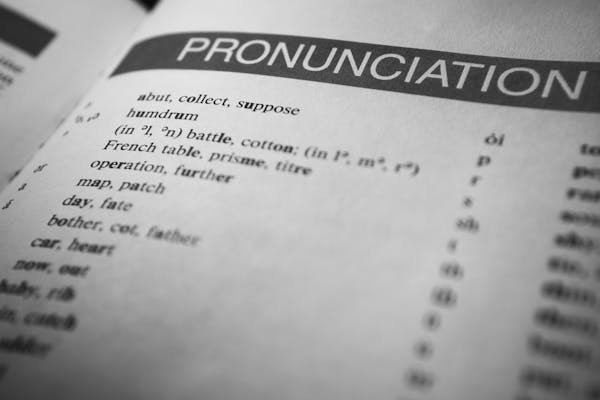Speak like a local in just 3 months
30 Practical Gems to Unlock a New Language in 3 Months From Novice to Conversationalist
Learning a new language in 3 months might seem like a fantastical dream, but with the right strategies and a dash of dedication, it can become a delightful reality. Forget textbook slogs and monotonous drills; we're diving into a treasure trove of 30 practical tips to propel you from language newbie to confident conversationalist in a mere quarter of a year. So, pack your linguistic wanderlust, and let's embark on this exciting journey!
1. Find Your "Why":
- Motivation is your fuel. Is it travel dreams, career aspirations, or connecting with loved ones? Pinpoint your "why" and let it ignite your daily language learning fire.
2. Embrace Micro-Learning:
- Bite-sized learning is key. Squeeze in 15-minute practice sessions throughout your day, instead of marathon cramming sessions. Consistency trumps duration.
3. Befriend the Fun Factor:
- Learning should be a joyride, not a chore. Play language games, watch movies with subtitles, listen to catchy music – turn everyday activities into learning opportunities.
4. Focus on High-Frequency Words:
- Master the essentials first. Learn commonly used words and phrases that unlock everyday conversations. You'll be surprised how far "hello," "thank you," and "where is the bathroom?" can take you.
5. Shadow the Natives:
- Immerse yourself in the language. Surround yourself with native speakers through podcasts, audiobooks, and even online language exchange programs. Mimic their pronunciation and intonation for authentic fluency.
6. Befriend a Language Buddy:
- Practice makes perfect, and practice with a partner is even better. Find a language exchange partner to converse with, correct each other's mistakes, and keep each other motivated.
7. Make Your World Bilingual:
- Label your surroundings with sticky notes in the target language. From your fridge to your phone, turn your environment into a constant learning tool.
8. Think in the New Language:
- Challenge yourself to internalize. Try thinking in simple sentences and phrases in the new language. This strengthens your cognitive connections and boosts fluency.
9. Embrace the Power of Apps:
- Technology is your language learning ally. Utilize language learning apps like Duolingo, Memrise, and Babbel for on-the-go practice, gamified learning, and vocabulary drills.
10. Don't Fear the Mistakes:
- Embrace a "growth mindset." Mistakes are stepping stones, not roadblocks. Learn from them, laugh at them, and keep moving forward.
11. Celebrate Your Wins, Big or Small:
- Acknowledge your progress, no matter how minor. Did you learn a new word? Conjugate a verb correctly? Give yourself a high-five and keep the momentum going.
12. Find Your Learning Style:
- Visual, auditory, kinesthetic? Discover your preferred learning style and tailor your resources accordingly. Visual learners might benefit from flashcards and colorful diagrams, while auditory learners might love podcasts and audiobooks.
13. Read Like a Child:
- Start with children's books or graded readers. Simple content with engaging illustrations builds confidence and lays the foundation for more complex materials.
14. Write Short Stories and Journal Entries:
- Put your newfound language skills to the test. Write simple stories, journal entries, or even grocery lists in the new language. This practice hones your grammar and writing skills.
15. Join Online Communities:
- Connect with fellow language learners. Online forums and groups offer a supportive environment to share experiences, ask questions, and motivate each other.
16. Sing Your Heart Out:
- Music is a powerful learning tool. Listen to songs in the new language, try singing along, and even translate your favorite lyrics. It's a fun way to learn vocabulary and improve pronunciation.
17. Watch Movies and TV Shows:
- Turn entertainment into education. Start with subtitles in your native language, then gradually progress to subtitles in the target language. Bonus points for watching without subtitles!
18. Cook Up a Culinary Adventure:
- Food is a universal language. Try recipes from the culture you're learning about. Not only will you expand your culinary repertoire, but you'll also learn new food-related vocabulary.
19. Travel Near or Far:
- Immerse yourself in the culture firsthand. If possible, plan a trip to a country where your target language is spoken. Even a local restaurant outing can provide valuable exposure.
20. Don't Be Afraid to Be Silly:
- Have fun with the language! Use silly voices,



